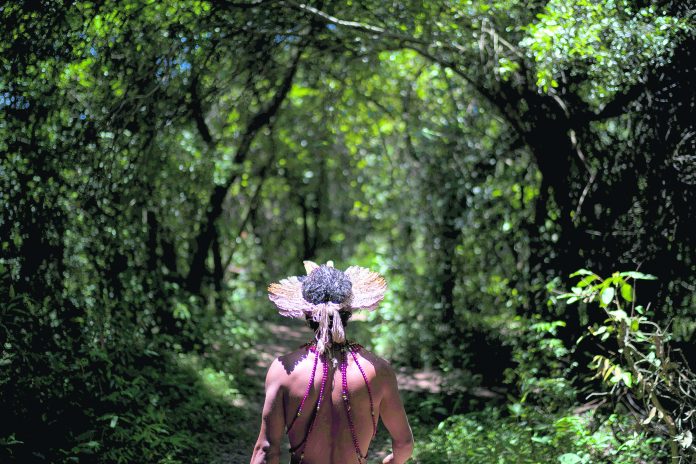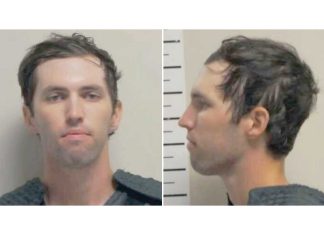
Brazil’s far-right administration named a former evangelical missionary Wednesday to head a department responsible for protecting uncontacted and recently contacted indigenous groups, raising concerns among human rights activists about the threat to tribes’ health and culture.
The Justice Ministry said Ricardo Lopes Dias is the new coordinator-general for the government unit, which is part of the indigenous affairs agency known as Funai.
In recent interviews with Brazilian media, Dias said he would not seek to evangelize indigenous groups. He told the newspaper O Globo before his nomination was made official that his actions would be purely technical, defended his knowledge of indigenous groups and insisted there is prejudice against him because of his faith.
Activists say that hasn’t allayed their concerns, given Dias work in the Amazon in 1997-2007 as a member of the New Tribes nonprofit group. Currently called Ethnos360, the Florida-based group sends missionaries from local churches around the world, many to indigenous territory.
Dias’ nomination comes a week after Funai’s chairman changed internal rules so people who don’t pass civil service exams can be eligible for the position to which Dias has been appointed.
Brazil officially counts 28 groups of isolated indigenous peoples in the Amazon. President Jair Bolsonaro has said that indigenous groups should be integrated into Brazilian society and that their protected lands can pose a threat to development and national sovereignty.
A former Funai president, Marcio Santilli, told The Associated Press that the appointment of Dias was a matter of global concern.
“The risks of contact are of contamination by disease, as often happened in the past,” Santilli said. “And in the case of evangelism, there is the risk of attacking their ethnic identity.”
Leaders of the Matsés group, who live near the Brazilian border with Peru, said in an open letter that they oppose Dias’ nomination. They said in the early 2000s, he “manipulated part of the Matsés population to found a new village” where an evangelical church would be built.
“Mr. Ricardo never had the authorization to enter our village,” the leaders said. “Once again he tries to enter our territory. We don’t want new abuse.”
Funai did not respond to a request for comment from AP about the letter. The agency said the leadership change is “a common procedure that is necessary to the internal organization.”
Uirá Garcia, a Sao Paulo University professor and an anthropologist who works with isolated indigenous groups in Maranhão state, said many missionaries already visit indigenous lands as teachers and doctors but never before has an evangelical been so high up at Funai.
He said widespread conversion to Christianity might pose a risk to Brazil’s environment.
“Every indigenous group sees a connection between the forest and their spiritual world. That’s why the Amazon is somewhat preserved. A change in religion could mean many things, including a condemnation of the preservation of the environment because it goes against a theology of prosperity, for example,” Garcia said in a phone interview.
Before the announcement, Brazil’s public defender’s office said it had asked Funai to detail protection policies for indigenous groups. It said it hoped any policy change would not “aggravate the vulnerabilities already faced” by isolated tribes.
“The risk of a nomination that does not comply with technical standards is mass death of indigenous peoples, due to disease coming from irresponsible contacts or evident conflict with religious missions, loggers, miners, hunters and fishermen,” the office said in a statement dated Jan. 31.
















